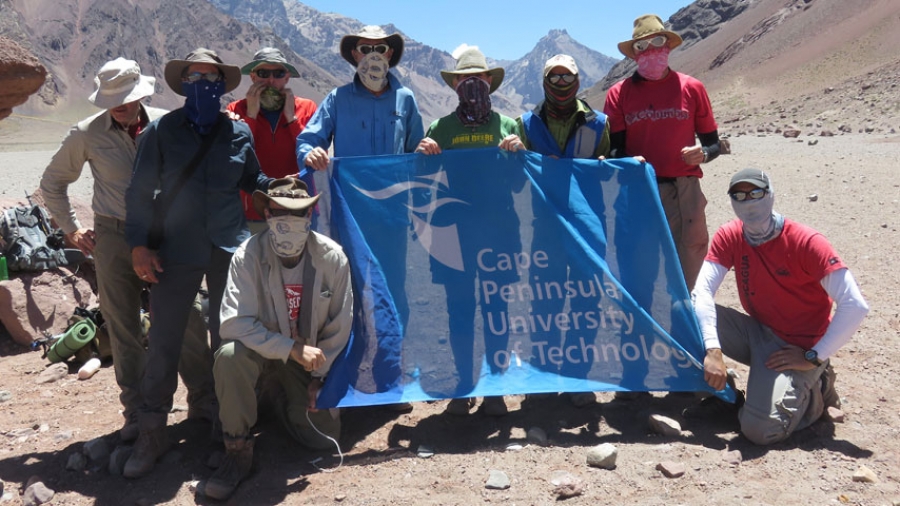A pilot study led by one of Cape Peninsula University of Technology’s (CPUT) top academics demonstrates the benefits of rooibos for individuals at high altitudes.
Professor Simeon Davies, HoD: Sport Management, recently led a pilot study to investigate the role of Rooibos supplementation on humans during an expedition to the summit of Aconcagua, Argentina, which at 6962m is the highest mountain in the Southern Hemisphere.
Study suggests rooibos beneficial for altitude sickness
The study assessed the prophylactic benefits of rooibos supplementation at high altitude, and ascertained why individuals make decisions to participate in extreme sport or adventure activities.
Exercise at high altitude induces a high degree of oxidative stress, which is often associated with High Altitude Sickness (HAS).
Many climbers who ascend to high altitudes often need to take prescription drugs to combat this.
The pilot study latches onto published research findings by the CPUT’s Oxidative Stress Research Centre led by Prof Jeanine Marnewick, which suggests that rooibos antioxidant compounds could have beneficial outcomes for high altitude climbers.
The research project involved eight participants who last month formed part of an expedition team climbing Aconcagua.
South African and Argentinian academics collaborating
The research project will also forms part of a submission to the NRF South Africa/Argentina Joint Science and Technology Research Project at a later stage.
“It is exciting to think that a South African indigenous plant such as rooibos may be a natural way to attenuate (weaken) the effects of HAS, and provide a viable alternative to the use of prescription drugs,” says Davies.
For more information, please visit the CPUT web site

